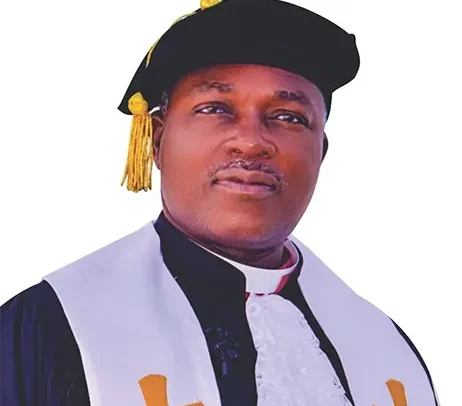Rt. Rev. Bliss Devine Agbeko
The Ghana Catholic Bishops’ Conference (GCBC) and the Christian Council of Ghana (CCG) insist that Christian mission schools must preserve their religious identity to uphold the historical, legal, and moral foundations on which they were established.
A joint statement issued and signed by the chair of the Christian Council of Ghana, Rt. Rev. Bliss Devine Agbeko and the President of the Ghana Catholic Bishops’ Conference, Most Rev. Matthew Kwasi Gyamfi, said its position is not rooted in hostility towards other faiths, but in a desire to preserve the integrity of institutions built and nurtured for over a century.
The response from the two Christian bodies comes in the wake of calls by some sections of the public in recent times that non-Christian students, particularly Muslims, should be allowed to fully practice their religion within Christian mission schools in Ghana.
According to the two groups, its mission touches history, law, culture, educational philosophy, and the church’s foundational role in Ghana.
“Our historical and proprietorship claim forms the cornerstone of our argument. Christian mission schools were not created by the state; they arose because the different Churches—Catholic, Methodist, Presbyterian, Anglican, and others saw education as a central expression of our missionary mandate.
“We acquired the land, built the schools, trained the teachers, and shaped the ethos long before the modern State of Ghana existed. When the government began assisting us primarily by paying teacher salaries and regulating curricula, it joined an already functioning system,” parts of the statement read.
The Christian Council and the Catholic Bishops’ Conference stressed that state support is a partnership rather than a takeover, therefore, the ownership and identity of these schools remain with the mission schools, as government assistance neither diminishes their identity nor confers the right to alter the core religious character that defines these institutions.
It also noted that no student is compelled to attend a Christian mission school, as parents choose the institutions freely, often because of their proven track record in academic excellence, discipline, and moral formation.
“They are aware from the onset that our schools operate within a Christian worldview, gather for Christian worship, and uphold Christian values. Because attendance is voluntary, it is unreasonable for anyone to demand that we change our core character to accommodate their religious preferences,” the statement pointed out.
It further mentioned that permitting separate religious practices, uniforms, and prayer schedules would fracture the communal unity and discipline that underpin the ethos of mission schools.
“We demonstrate respect for the rights of all students by welcoming those of other faiths while upholding their freedom to choose schools that reflect their own beliefs. Ghana offers many alternatives, fully public schools, Islamic schools, and private institutions, ensuring that the rights of non-Christian students are respected without requiring us to dilute our identity,” it stated.
By Ebenezer K. Amponsah


